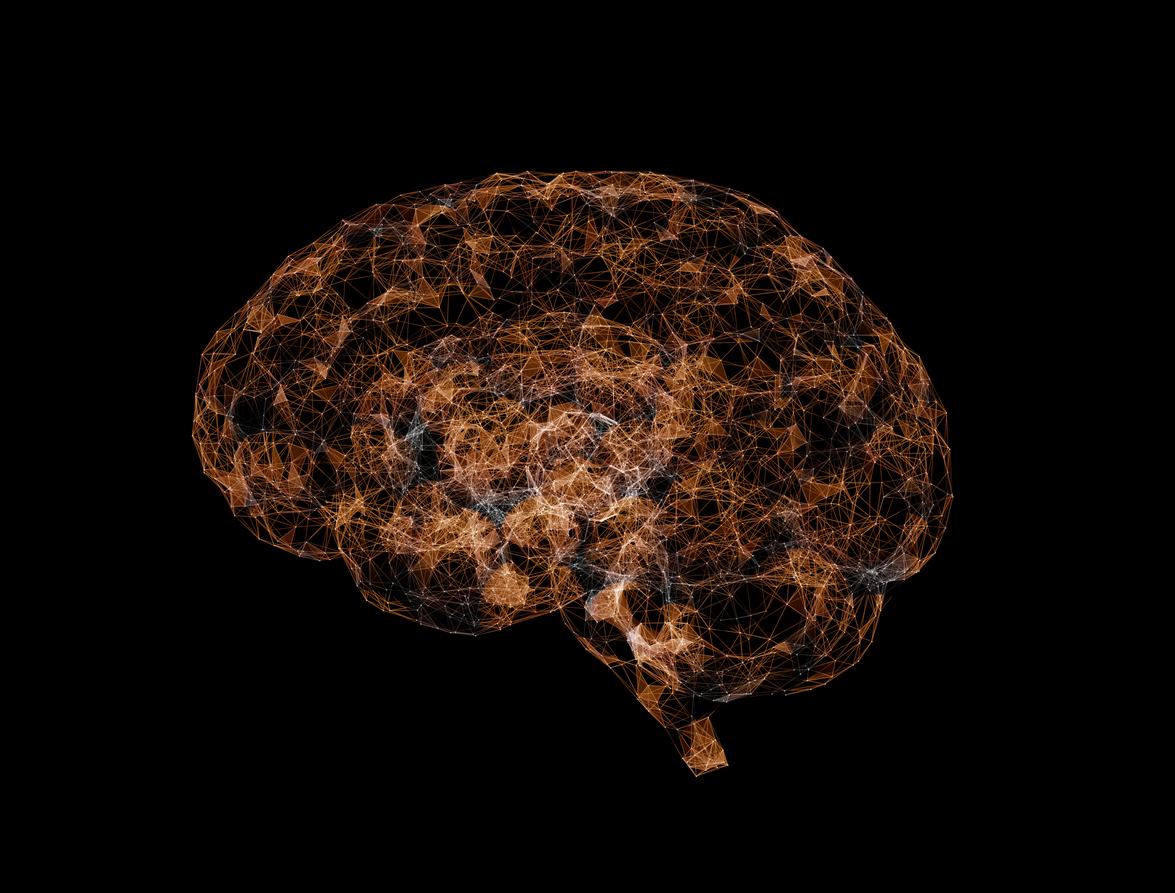Patients with mental anorexia have a higher activity of opiate receptors in the brain, according to a new study.

- Changes in the functioning of opiate receptors in the brain could be the cause of anorexia, according to a new study.
- The researchers noticed that anorexic people displayed activity levels of these receptors greater than the others.
- Changes in the activity of opioid receptors in the brain are also linked to anxiety and depression.
Genetics, psychological, environmental, socio -cultural … Many factors are advanced to explain mental anorexia. For the University of Turku (Finland), the brain and its functioning could also explain this disorder of food behaviors. His teams have, in fact, discovered that people suffering from anorexia had a high activity of opiate receptors (Mu-Opioid Receptor) in the brain. Their work was presented in the journal Molecular Psychiatry.
Anorexia: a stronger activity of opiate receptors
To better understand what is going on in the brains of people with mental anorexia, scientists brought together 13 patients with eating disorder and 13 healthy witnesses. Their brain activity was examined thanks to positons emission tomography, also called Petscan.
By comparing the results, the researchers have noticed changes in the functioning of opiate receptors in the brain. They have a stronger activity in the regions involved in the treatment of the reward.
“The opioid neurotransmission regulates appetite and pleasure in the brain. In patients with mental anorexia, the rate of opioids in the brain was higher than in healthy subjects. We have already shown that in obese patients , the activity of this system was reduced.notes Professor Pirjo Nuutila from the University of Turku in a press release.

Changes that could also explain psychic symptoms
During these trials, scientists also looked into the absorption of glucose by the brain. They made such an interesting discovery. Despite a lower energy intake, the brain “anorexic” used a similar quantity of glucose to a person with a standard diet.
Which leads Professor Lauri Nummenmaa to note that even if “Weighing weighs on physiology in many ways, the brain is trying to protect itself and maintain its ability to function as long as possible.”
Changes in brain functions associated with anorexia and low body weight during this study were also linked to anxiety and depression in previous research. “Since changes in the activity of opioid receptors in the brain are also linked to anxiety and depression, our results can explain emotional symptoms and mood changes associated with mental anorexia”specifies the expert.
In addition, the authors of the article note that their results improve the understanding of mental anorexia and could “Support the development of new treatments”.

















